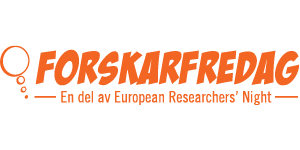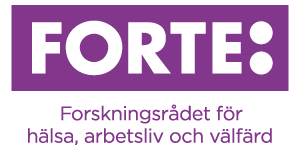Richelle Duque Björvang’s presentation in Forskar Grand Prix 20/21 (Researcher’s Grand Prix 20/21)
Fewer Kids: Not Always By Choice
In the 1950s, women had 4-5 children. Today, women have 2-3 children. The decline is partly by choice. People choose to have fewer kids or none at all. But there are likely other reasons behind this that is not necessarily by choice. Infertility affects 10-15% of couples worldwide. And recently, there are more and more evidence showing that man-made chemicals around us may play a role in the capability of people having children. The chemicals are in Teflon in nonstick pans, make-up, pesticides, electronic gadgets, toys, furniture and so much more.
We wanted to study the link between chemicals and fertility in women. By studying this, we are one step closer to better regulations so that we will all live in a safe environment where chemicals will not decide how many kids you have. That decision should only be up to you.
Contact:
Richelle Björvang – PhD Student, Division of Obstetrics and Gynecology













